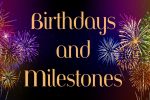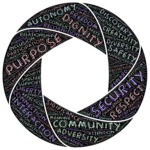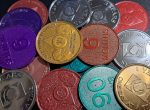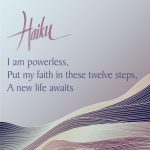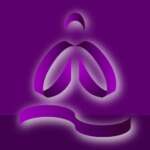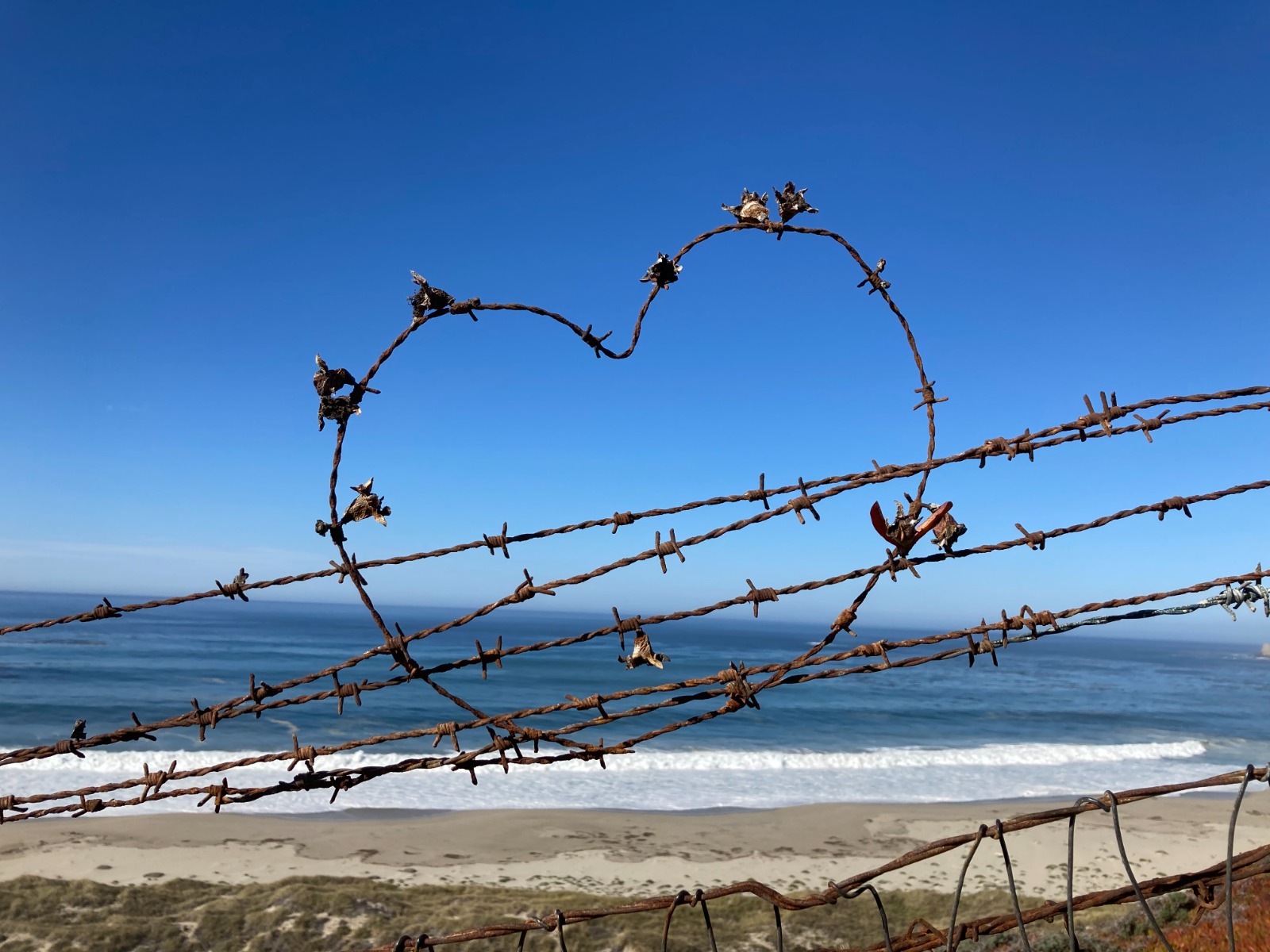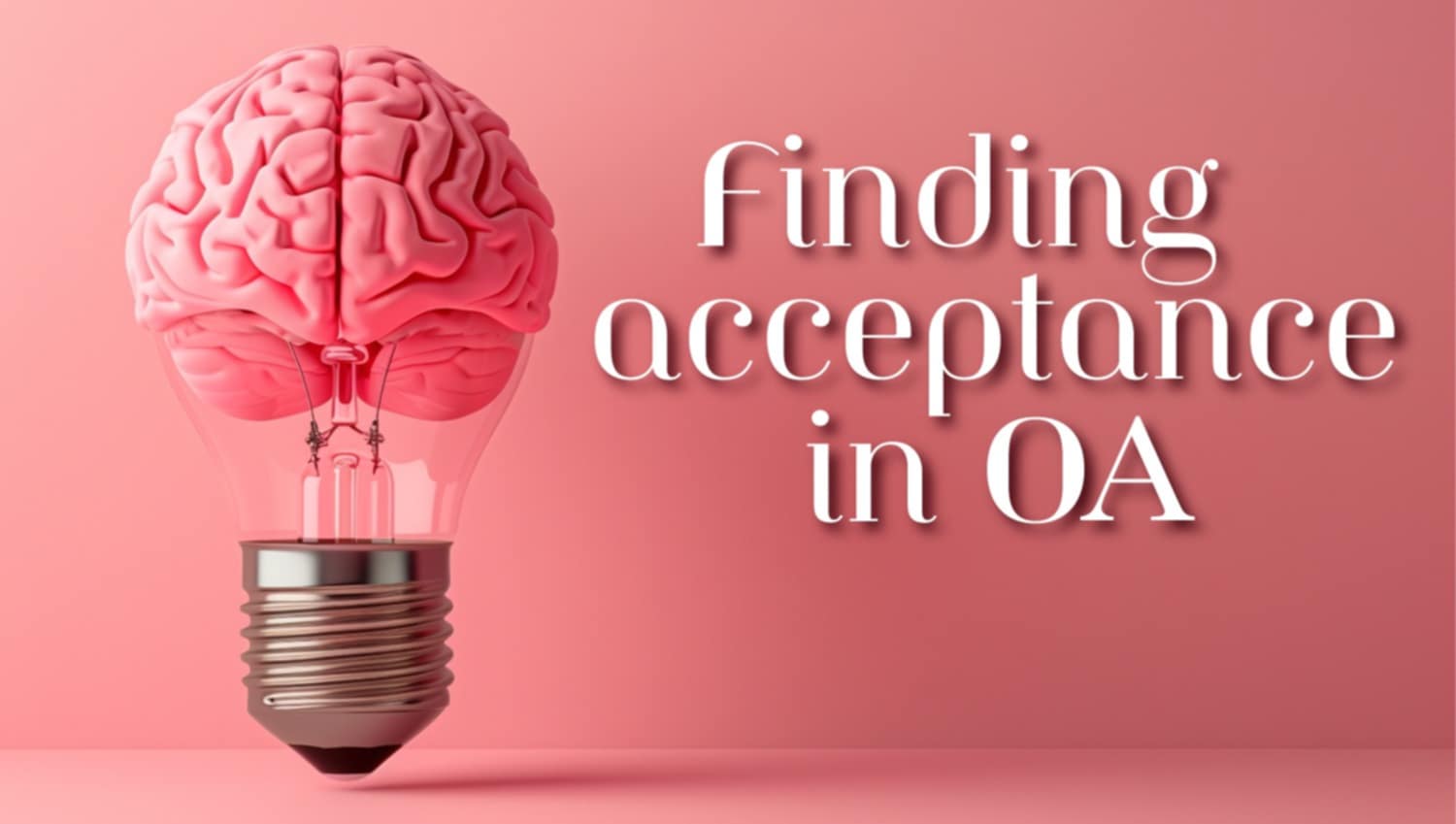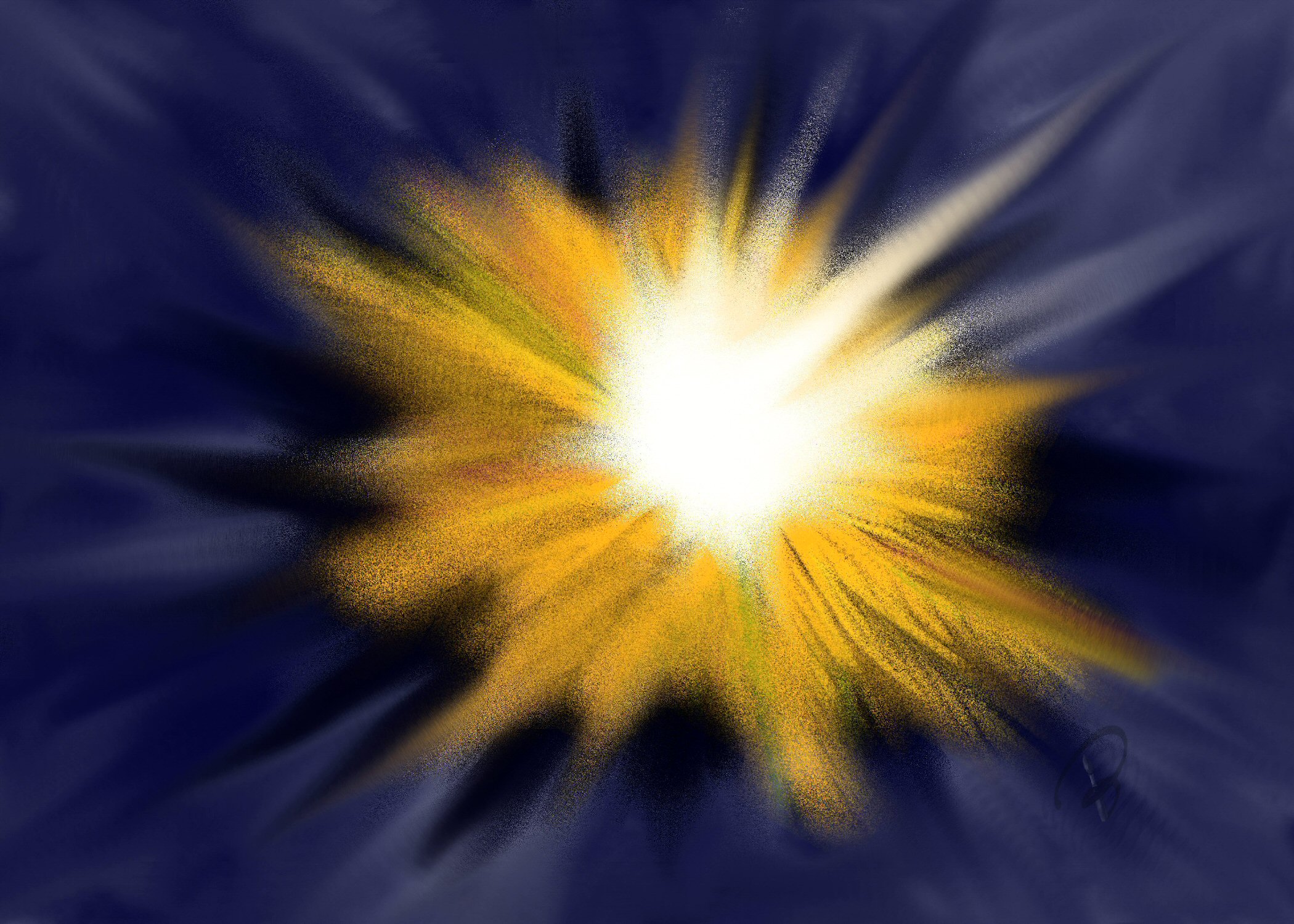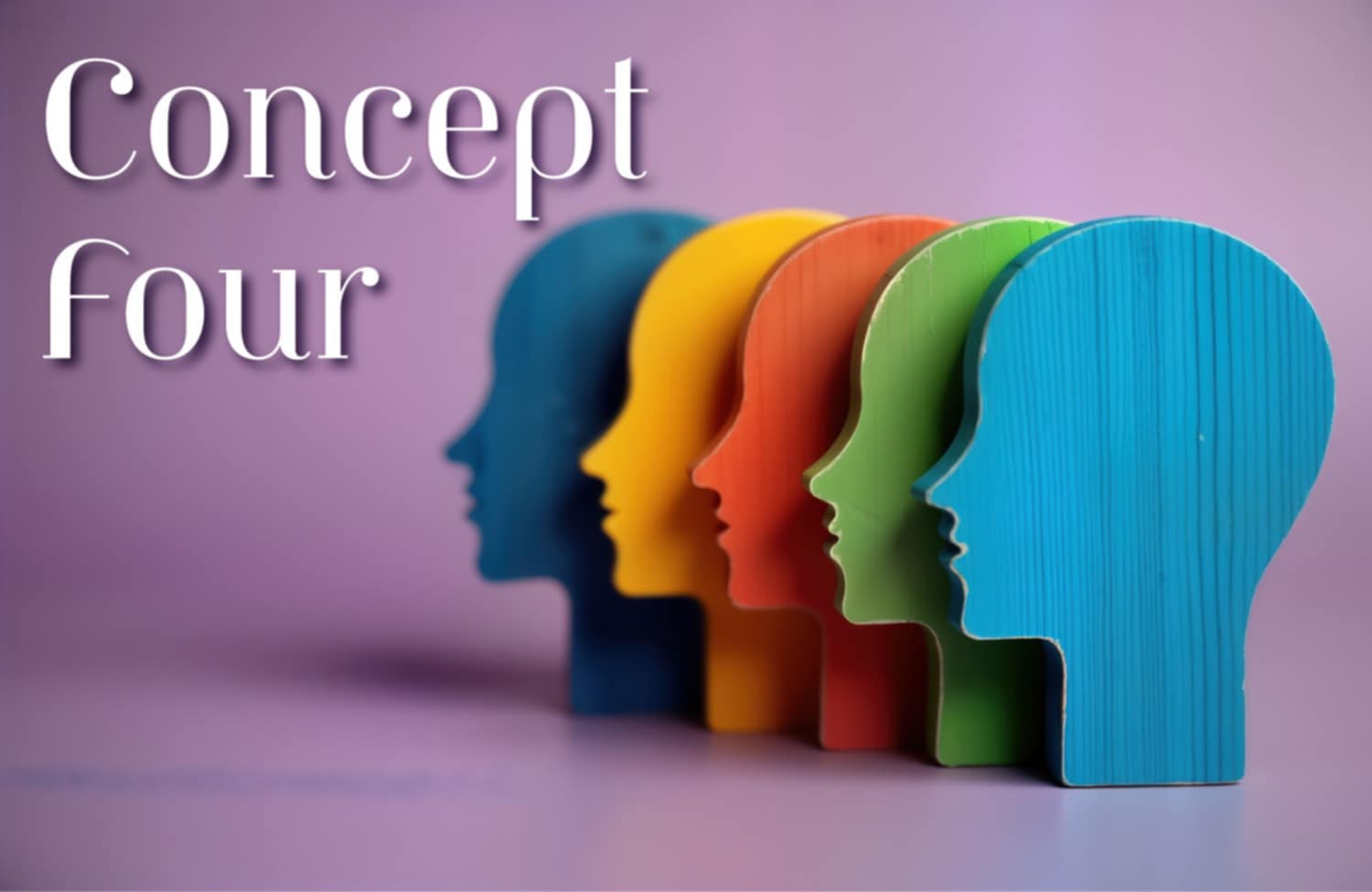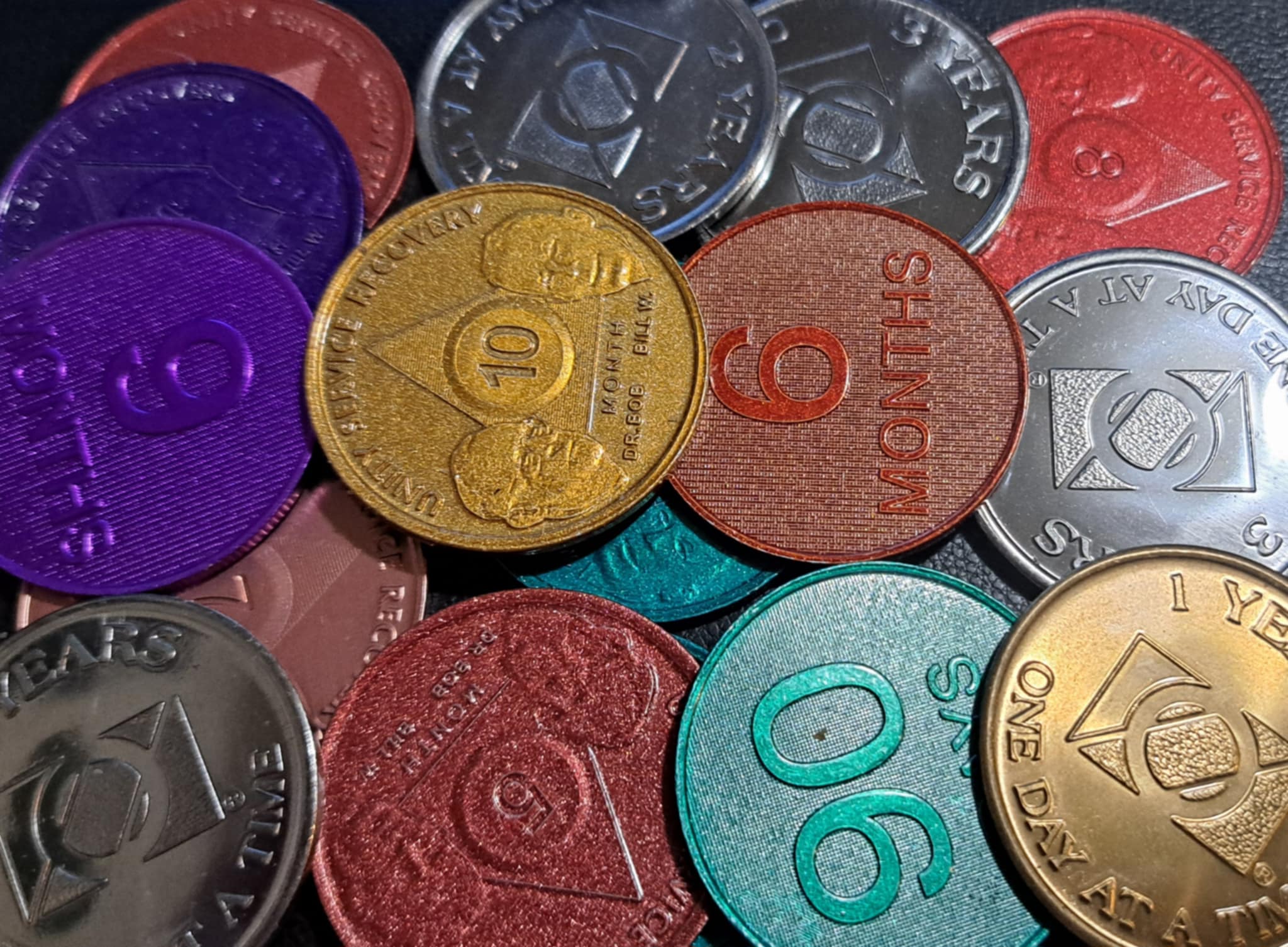When I first joined OA in 1996 we gathered at the “Lemon Squeezer” church in Victory Park, Johannesburg.
It smelled of highveld dust and floor polish.
At 30, I seemed to be the youngest in the room filled with middle-class white women who looked like my elderly relatives. Just two years into South Africa’s democracy integration wasn’t happening and the word “diversity” elicited baffled incomprehension.
Although I attended meetings for only two years, I continued to use the powerful programme tools I’d acquired. With the privilege of an extended excellent therapy and access to a nutritionist – a blessed combination if ever there was! – I enjoyed a substantial weight release of 40kg over a few years. Constructive behavioural changes and a healthy lifestyle sustained that fortunate outcome for many years.
Fast forward to September 2022 by which time COVID had upturned every aspect of the world as I knew it. Like billions of others around the globe, my health, career and finances had been jolted badly. Relationships that had been tenuous before COVID now seemed beyond repair. My life was unmanageable and I didn’t want to imagine what rock bottom would look like.
At that point in the pandemic did face-to-face meetings even exist? The website promised that a “community of people who support each other in order to recover from compulsive eating and food behaviours” still existed. Soon I was researching time zones and found amazing meetings in far flung places. How keenly I hoped these promising words would set me free from the tangle of emotions that drove my eating.
The first tentative connections via the chat box in meetings felt surreal. I sent my number out into that wide blue yonder… Would anybody ever call me back?
It was too frightening to imagine that they might not, so I chose to risk testing whether these apparently friendly people would take my calls instead. I brazenly fumbled into outreach, texting my desperation to complete strangers in polite and punctuated pleas. Those first efforts at reaching out felt like swallowing stones.
If nobody answers, I told myself, I can just hang up and pretend I made a pocket dial.
Sometimes the calls landed like the game of broken telephones. When nobody answered, I told myself, assume it is not personal. Prior obligations, power outages, insufficient data, weak Wifi… might all explain why a call wasn’t answered. Gradually and gratefully, however, these WhatsApp conversations solidified my friendships with fellow travellers on every continent.
Before long I had found a food sponsor in Finland, a two-way prayer partner in Oregon, an accountability partner in Korea, an action partner in Holland, and a gratitude partner in Jerusalem. Soon after that I was blessed with sponsees in Mexico, Poland and North Carolina.
Outreach has been the single most effective tool I’ve used to turn my medical condition around. Making a call when I’m caught on the barbs of my emotions is the fastest way to make a u-turn.
On the OA Footsteps website: “We gratefully follow in the footsteps of many others who have walked this way before us, and we’re gratified to be making footprints of our own for others to follow.”
The technology that enables us to find the healing connections is miraculous. Yet the greater magic is the gift of loving service that liberates me daily. Like OA in Johannesburg in the 90s, OA in North America might still be predominantly white women of a certain age and that is a reality the organisation is trying to address. Perhaps a greater reality is that complete strangers from every place on earth are following in the footsteps of our founders using the new modes of communication made possible by smartphones. Complete strangers of every creed and colour, culture and gender have responded to me and this has made all the difference.
Kindly strangers will reach out to you too because “together we get better”. Ultimately, you get to be part of the solution as soon as you choose to make a call — or to take one.
-Liesl J


